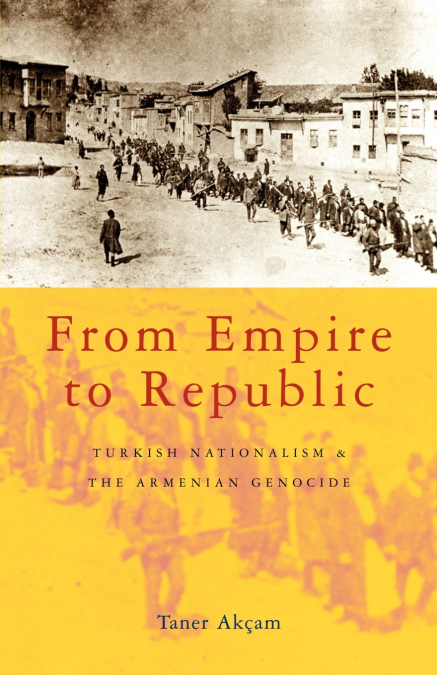
 Librería Perelló (Valencia)
Librería Perelló (Valencia)
 Librería Aciertas (Toledo)
Librería Aciertas (Toledo)
 El AlmaZen del Alquimista (Sevilla)
El AlmaZen del Alquimista (Sevilla)
 Librería Elías (Asturias)
Librería Elías (Asturias)
 Librería Kolima (Madrid)
Librería Kolima (Madrid)
 Donde los libros
Donde los libros
 Librería Proteo (Málaga)
Librería Proteo (Málaga)
The murder of more than one million Armenians by the Ottoman Turkish government in 1915 has been acknowledged as genocide. Yet almost 100 years later, these crimes remain unrecognized by the Turkish state. This book is the first attempt by a Turk to understand the genocide from a perpetrator’s, rather than victim’s, perspective, and to contextualize the events of 1915 within Turkey’s political history and western regional policies. Turkey today is in the midst of a tumultuous transition. It is emerging from its Ottoman legacy and on its way to recognition by the west as a normal nation state. But until it confronts its past and present violations of human rights, it will never be a truly democratic nation. This book explores the sources of the Armenian genocide, how Turks today view it, the meanings of Turkish and Armenian identity, and how the long legacy of western intervention in the region has suppressed reform, rather than promoted democracy.